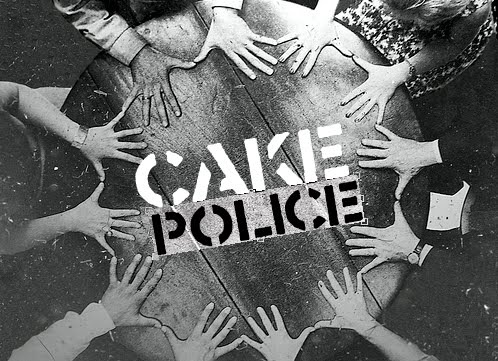The term is borrowed from Antonin Artaud's radio play "To Have Done with the Judgment of God" (1947):
When you will have made him a body without organs,
then you will have delivered him from all his automatic reactions
and restored him to his true freedom. [1]

In Deleuze's work, the term initially refers to the "virtual" dimension of the body. For Deleuze and Guattari, every "actual" body has (or expresses) a set of traits, habits, movements, affects, etc. But every "actual" body also has a "virtual" dimension, a vast reservoir of potential traits, connections, affects, movements, etc. (a phase space). This collection of potentials is what Deleuze calls the BwO. To "make oneself a body without organs," then, is to actively experiment with oneself to draw out and activate these virtual potentials. These potentials are mostly activated (or "actualized") through conjunctions with other bodies (or BwOs) that Deleuze calls "becomings."
Deleuze and Guattari use the term BwO in an extended sense, to refer to the virtual dimension of reality in general (which they more often call "plane of consistency" or "plane of immanence"). In this sense, they speak of a BwO of "the earth." "The Earth," they write, "is a body without organs. This body without organs is permeated by unformed, unstable matters, by flows in all directions, by free intensities or nomadic singularities, by mad or transitory particles" (A Thousand Plateaus, p. 40). That is, we usually think of the world as composed of relatively stable entities ("bodies," beings). But these bodies are really composed of sets of flows moving at various speeds (rocks and mountains as very slow-moving flows; living things as flows of biological material through developmental systems; language as flows of information, words, etc.). This fluid substratum is what Deleuze calls the BwO in a general sense.
In A Thousand Plateaus, Deleuze and Guattari eventually differentiate between three kinds of BwO: cancerous, empty, and full. Roughly, the empty BwO is the BwO of Anti-Oedipus. This BwO is also described as "catatonic" because it is completely de-organ-ized; all flows pass through it freely, with no stopping, and no directing. Even though any form of desire can be produced on it, the empty BwO is non-productive. The full BwO is the healthy BwO; it is productive, but not petrified in its organ-ization. The cancerous BwO is caught in a pattern of endless reproduction of the self-same pattern.
[edit]

No comments:
Post a Comment